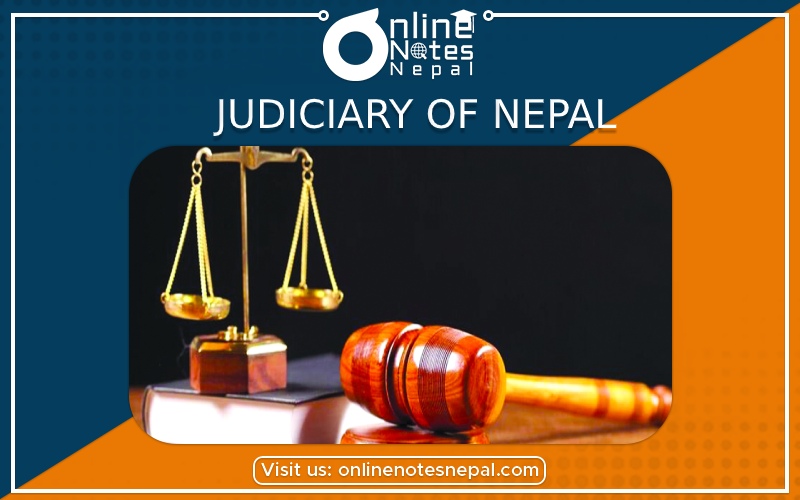Published by: Nuru
Published date: 10 Dec 2021

In this chapter, we discuss about the Judiciary of Nepal. Social Studies, Grade 8 Reference Notes.
Judiciary is the independent organ of the government whose function is to provide justice for the innocent, punishment for the culprit and safeguard the rights and duties of the citizen.
Judiciary of Nepal has been composed of the following tiers:
District court:
There are 75 district courts in our country, each in a district. It consists of one chief judge and a judge who are appointed by the Chief Justice of Supreme Court under the recommendation of Judicial Council.
Appellate Court:
There are 16 Appellate Courts in our country. It consists of a chief judge and other judges. If people are not satisfied with the judgment given by district court, they can file the case in this court.
Supreme Court:
The Supreme Court is the final tier and the decision given by the Supreme Court are final and is applicable to all. It consists of a chief justice appointed by President on the recommendation of Constitutional Council and 14 permanent judges along with more judges as per requirement.
The tenure of the Chief Justice is 6 years and the maximum age is 65 years.Supreme Court is the court of records. It has the power to interpret the constitution and it is also responsible for safeguarding the rights of the people.
i. Advisory functions:
Judiciary gives advice to the other organs and constitutional organs when required. Suggestion on national issues is the work of judiciary and also finds remedies for complicated legal matters.
ii. Judicial functions:
The main function of judiciary is to punish the culprit and give a proper verdict in support of innocent on the basis of the existing law. It decides the punishment for criminals and gives a decision regarding national issues.
iii. Interpretation of law and the constitution:
Another main function of the Judiciary is to explain the laws made by the legislature and implemented by the executive. It supervises the laws and clarifies the meaning of the laws and their provisions.
iv. Protector of people's rights and freedom:
The rights granted by the state are protected by the constitution as judiciary gives clear decisions about the rights and duties of an individual. It gives justice or verdict if any rights are violated.